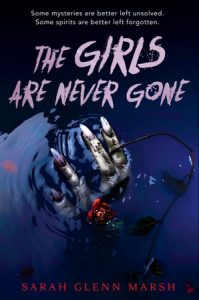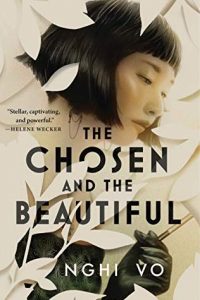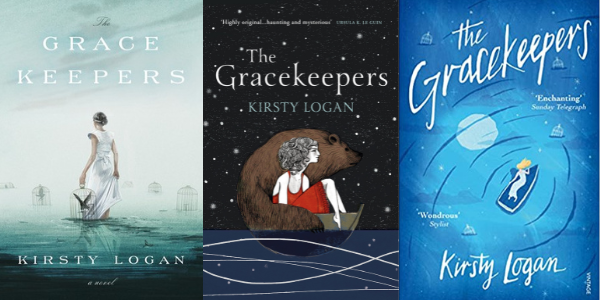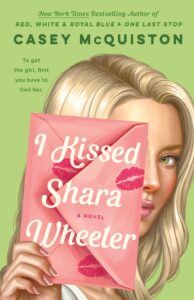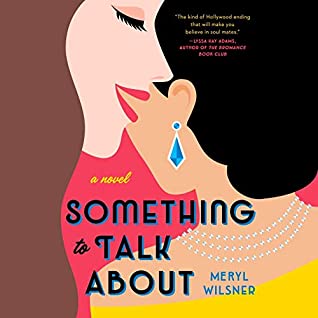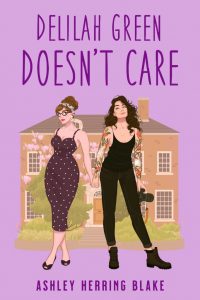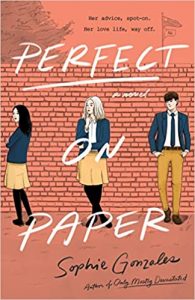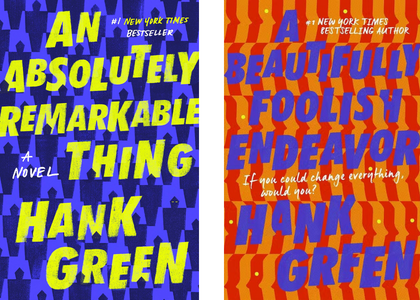
Amazon Affiliate Link | Bookshop.org Affiliate Link
I am in the middle of THE most epic reading slump this summer. I haven’t been reading a tenth of what I usually do, and the genres and storylines that usually capture my attention just aren’t doing it for me right now. But I’ve read these books 3.5 times so far in 2022 and I can’t imagine it won’t be more. There’s something about alien invasion and ultra-mega-creepy levels of instant fame that my soul finds very comforting right now.
This duology follows one 23-year-old woman, April May, as she accidentally makes first contact with an alien life force and then even more (or less, depending on who you believe) accidentally becomes wildly internet famous. With her band of friends and enemies and frenemies (including her ex-roommate/girlfriend), April must navigate these hitherto unreckoned dimensions, trying to save the world without losing herself.
The most remarkable thing about these books, in my opinion, is not the aliens or the internet but April herself (at least in the first book). Hank Green writes with such a strong, precise, compelling narrative voice with a narrow, central first person narrator who is so charming and funny as to make you forget how utterly unreliable she is. Especially when read in audio, the whole experience feels like April is telling you a story, directly into your ears, and the intimacy of that narration is electrifying. Hank writes complex, sympathetic, human characters whose humanity is the crux and core of every terrible decision and beautiful triumph. The story is fresh and exciting and dynamic, and then he breaks open all the doors in the sequel lending nuance and dimension with each distinctive POV.
I found myself so invested in the (beautifully executed) intricacies of plot, but even more invested in the humanness and complex hope of each of these characters. In this story, good conquers evil, but not easily. We see the full complexity of humanity, which makes each choice and each word less wholly good or wholly evil, but rather leads us to the only logical conclusion: that on the whole, human beings are good, and with intention and empathy, we can and must save the world.
April is a bi woman, and her identity feels present and honest without being didactic. And the journey we take with her relationship with Maya, the (very low) lows and the (very high) highs is so central to the complex and well-wound project of this story as a whole. It’s hopeful and messy and honest and absolutely essential.
Every time I think about these books, this story, I long to immerse myself inside it once more and then I remember that I am inside it. I live in a world eerily approaching an alien-invasion-meets-socio-political-internet nightmare. And I know there’s reason to be afraid, but I also know there’s more.
On second thought, perhaps it is the overwhelming hope that my soul finds very comforting right now.
DFTBA.
You can read more of Kelleen’s reviews on her bookstagram (@booms.books) and on Goodreads.

